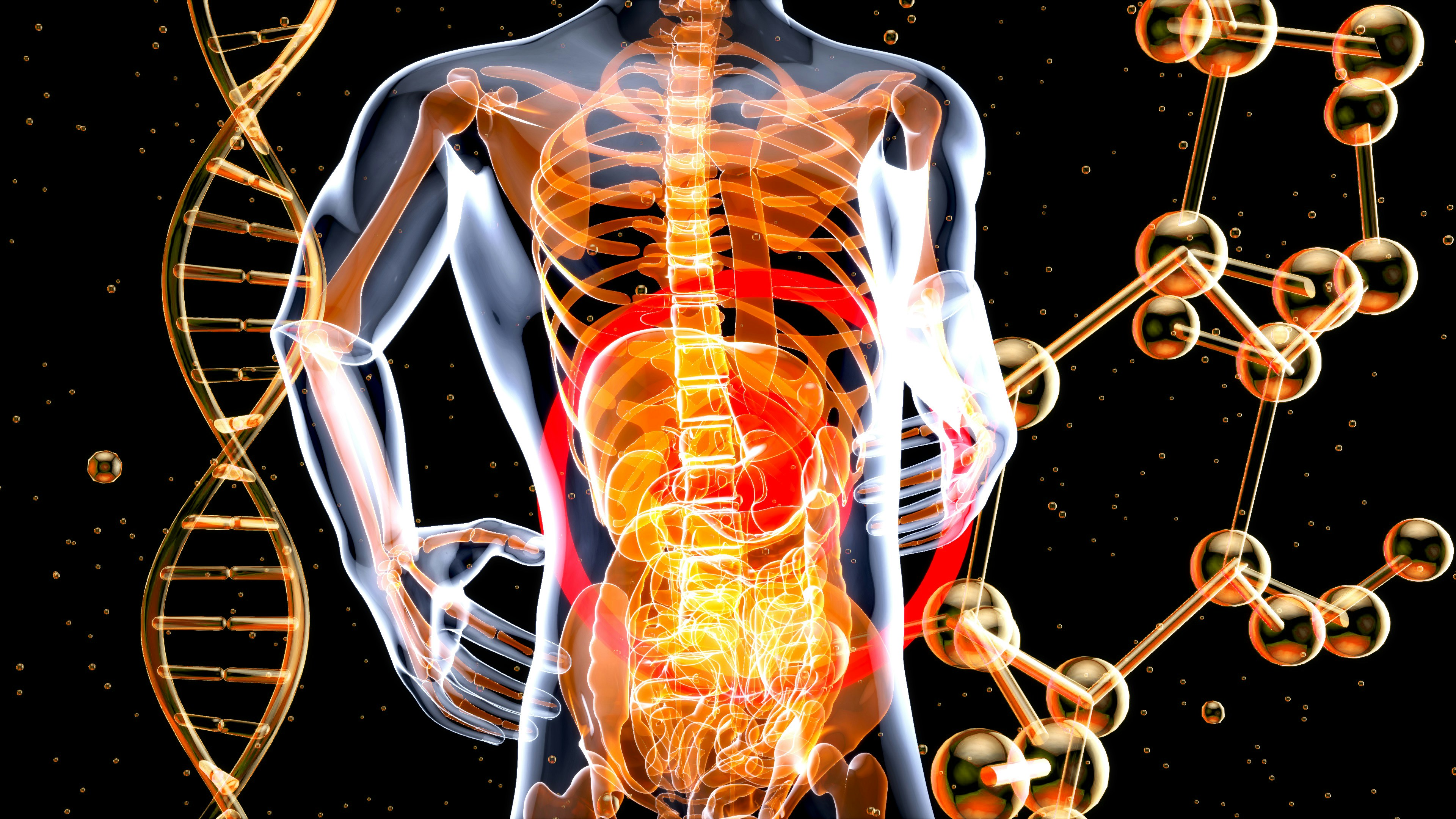The Hormone Reset Guide: Balance Your Hormones Naturally
Hormones are the body’s chemical messengers, playing a critical role in regulating metabolism, mood, energy levels, and overall health. When these hormones become imbalanced, they can lead to various health concerns, including fatigue, weight gain, anxiety, and reproductive issues
Signs of Hormonal Imbalance
Introduction
Hormones are the body’s chemical messengers, playing a critical role in regulating metabolism, mood, energy levels, and overall health. When these hormones become imbalanced, they can lead to various health concerns, including fatigue, weight gain, anxiety, and reproductive issues. Fortunately, functional medicine provides a holistic approach to restoring hormonal balance naturally.
In this guide, we’ll explore the signs of hormonal imbalance, the best foods, supplements, and lifestyle habits to restore balance, and how to track and support your hormone health effectively.
Recognizing the signs of hormonal imbalance is the first step toward achieving balance. Some of the most common indicators include:
Chronic fatigue – Persistent tiredness despite adequate rest.
Unexplained weight gain or loss – Changes in metabolism caused by hormone fluctuations.
Mood swings and anxiety – Shifts in serotonin, dopamine, and cortisol levels.
Irregular periods or fertility issues – Problems with estrogen and progesterone balance.
Digestive problems – Hormones like cortisol and insulin impact gut health.
Skin issues – Acne, dryness, or excessive oiliness linked to hormonal changes.
Sleep disturbances – Cortisol and melatonin imbalances affecting rest quality.
Foods, Supplements, and Habits to Restore Balance
Diet and lifestyle choices have a profound effect on hormone regulation. Here’s how you can naturally support your endocrine system:
1. Hormone-Balancing Foods
Eating a well-balanced diet rich in whole foods can significantly impact hormone function. Focus on:
Healthy fats – Avocados, nuts, seeds, and olive oil support hormone production.
Lean proteins – Grass-fed meat, eggs, and plant-based proteins like lentils.
Fiber-rich foods – Whole grains, fruits, and vegetables to support estrogen metabolism.
Fermented foods – Kefir, sauerkraut, and yogurt promote gut health, which in turn aids hormone balance.
Cruciferous vegetables – Broccoli, kale, and Brussels sprouts help detox excess estrogen.
2. Essential Supplements
Some key nutrients can aid in hormone balance:
Magnesium – Reduces stress and improves sleep (Dean, 2017).
Vitamin D – Regulates insulin and mood hormones (Holick, 2007).
Omega-3 fatty acids – Reduce inflammation and support brain function (Simopoulos, 2002).
Adaptogens – Ashwagandha, Rhodiola, and maca root help modulate stress hormones.
3. Lifestyle Habits for Hormonal Health
Prioritize sleep – Aim for 7-9 hours of quality sleep to regulate melatonin and cortisol.
Manage stress – Practice mindfulness, meditation, and deep breathing to lower cortisol levels.
Regular exercise – Strength training and yoga improve insulin sensitivity and hormone production.
Reduce toxins – Avoid endocrine disruptors found in plastics, pesticides, and personal care products.
How to Track and Support Your Hormone Health
Understanding and monitoring your hormonal health is crucial for long-term wellness. Here are some methods:
1. Symptom Tracking
Keep a journal of your mood, energy levels, menstrual cycle, and sleep patterns. Identifying trends can help pinpoint hormonal imbalances.
2. Lab Testing
Functional medicine practitioners recommend specific hormone panels, including:
Saliva testing – Measures cortisol and sex hormone levels throughout the day.
Blood tests – Evaluates thyroid, estrogen, progesterone, and testosterone levels.
DUTCH test – A comprehensive urine test for adrenal and reproductive hormones.
3. Work with a Practitioner
A functional medicine expert can help tailor a hormone-balancing plan based on your unique biochemistry, guidance, and support.
Conclusion
Balancing your hormones naturally is possible through mindful lifestyle changes, nutrient-dense foods, and proper supplementation. By recognizing the signs of imbalance, adopting hormone-supporting habits, and tracking your health, you can restore optimal function and well-being.
If you’re experiencing persistent symptoms, consult a functional medicine practitioner for personalized guidance.
References:
Dean, C. (2017). The Magnesium Miracle. Ballantine Books.
Holick, M. F. (2007). Vitamin D Deficiency. New England Journal of Medicine, 357(3), 266-281.
Simopoulos, A. P. (2002). Omega-3 Fatty Acids in Inflammation and Autoimmune Diseases. Journal of the American College of Nutrition, 21(6), 495-505.
Articles
Discover our other articles
Explore our articles to know the best behavior about alimentation and well-being.





















